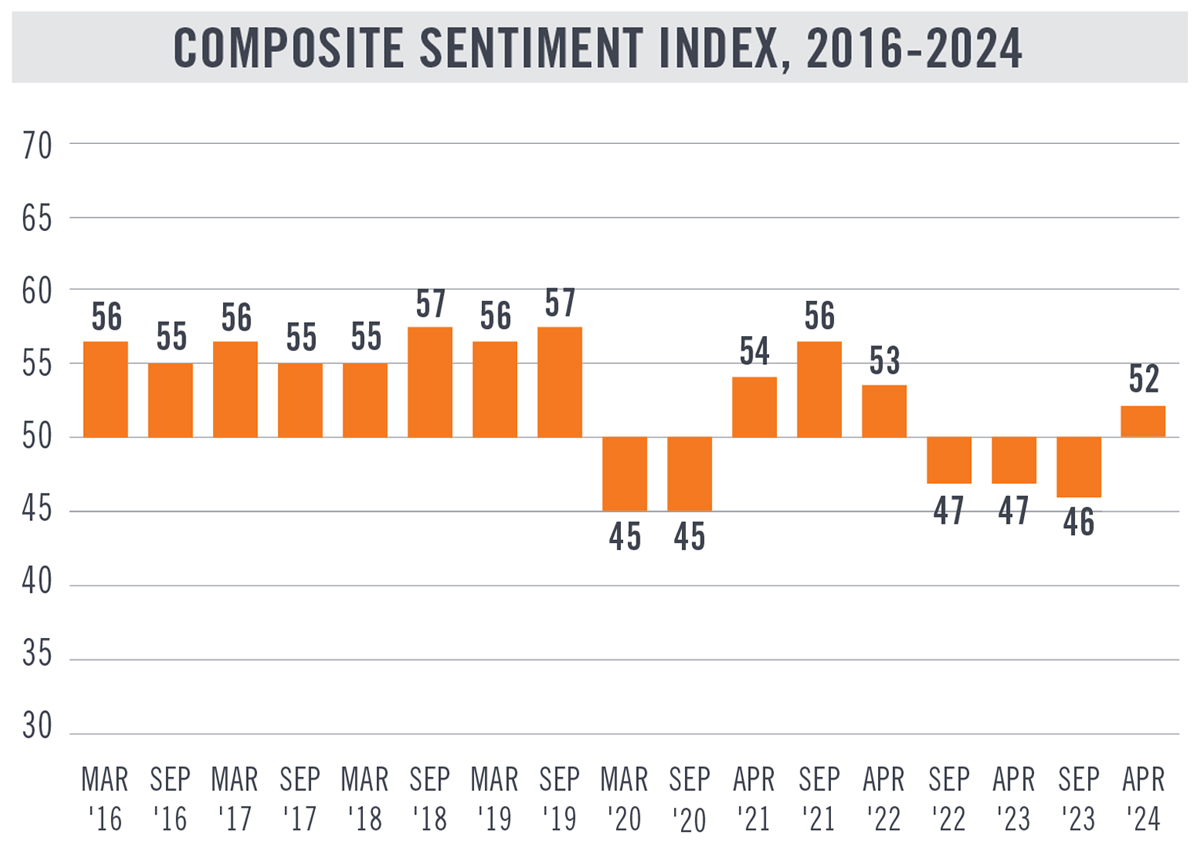Economy Watch: GGP on its Feet?
Chicago-based General Growth Properties Inc. may be able to sidestep Simon Property Group and other unwanted suitors under a formal proposal made on Monday by Fairholme Capital Management L.L.C., one of its largest unsecured creditors, and Pershing Square Capital Management, one of GGP's largest equity holders and a significant unsecured creditor as well.
March 9, 2010
By Dees Stribling, Contributing Editor
Chicago-based General Growth Properties Inc. may be able to sidestep Simon Property Group and other unwanted suitors under a formal proposal made on Monday by Fairholme Capital Management L.L.C., one of its largest unsecured creditors, and Pershing Square Capital Management, one of GGP’s largest equity holders and a significant unsecured creditor as well. Under the terms of the deal, Fairholme and Pershing Square would commit $3.925 billion of new equity capital at a value of $15 per share to facilitate the company’s emergence from bankruptcy.
Together with a previously announced $2.625 billion proposal from Brookfield Asset Management Inc., GGP would take in more than $6.5 billion of committed equity capital. Combined that with a new $1.5 billion debt issuance — or the reinstatement of a comparable amount of existing debt — and GGP’s troublesome unsecured debt (a cool $7 billion) would be extinguished, and it would end up with a dollop of operating cash to boot.
The renewed hope for GGP as an independent entity was reflected Friday in its relisting on the New York Stock Exchange; it had been delisted last year. The company’s shares dropped as low as 32 cents each in 2009, but closed on Monday at $14.08, a comeback if there ever was one.
U.S. May Encourage Short Sales
The New York Times reported on Monday that the Obama administration is considering new plans to encourage short sales, those get-out-of-jail-not-quite-free sales of underwater houses that forestall foreclosures. The gist of the program would be to pass out some cash to encourage short sales in the case of seriously underwater mortgages, according to the newspaper.
How much cash? A thousand dollars each to first-lien and second-lien holders, as well as $1,500 in “relocation assistance” to the homeowner.
For first-lien holders, $1,000 is probably just a token gesture. For second-lien holders, on the other hand, that increases the likely return on their investment from zero to $1,000, and perhaps would help loosen their resistance to agreeing to short sales.
Fed to Retain Oversight of Behemoth Banks?
The Federal Reserve has taken tongue-lashings from various members of Congress in recent months, but under a regulatory reform plan jelling in the U.S. Senate, financial institutions with more than $100 billion in assets would still be overseen by the central bank, as they are now.
As recently as November, Sen. Christopher Dodd (D-Conn.) wanted to take the bank-supervising function away from the Fed all together and give it to a new bank regulatory entity. Sen. Dodd now seems to have a change of heart about the really big banks, which number 23 in this country, according to the Federal Financial Institutions Examination Council.
Wall Street turned in a mixed day on Monday, with the Dow Jones Industrial Average sliding 13.68 points, or 0.13 percent, while the S&P 500 dropped a microscopic 0.02 percent. The Nasdaq was up 0.25 percent.








You must be logged in to post a comment.